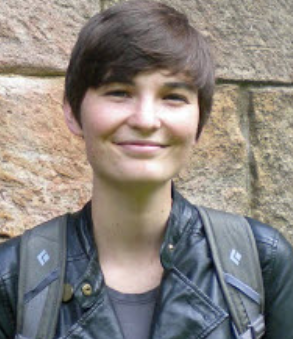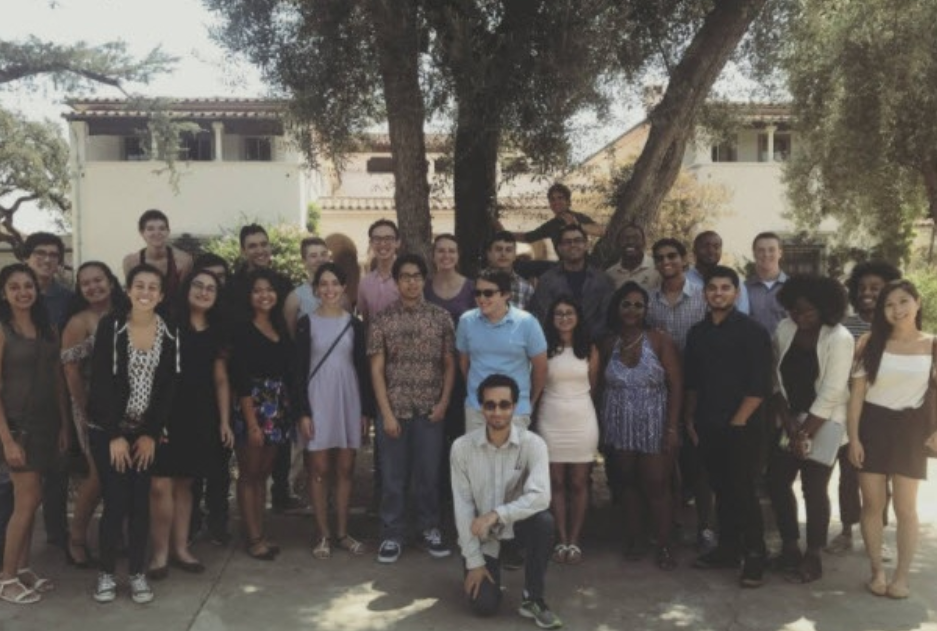Scientific Communion at Caltech
Guest post written by Caltech Amgen Scholar Samantha Jensen
The kitchen of Avery House was a sacred place this summer. Invariably, entering the room led to participating in an earnest and heavy discussion: about aspirations, about CRISPR Cas9 vectors, about God and morality, about algorithmic complexity, about relationships, about protein binding sites, about wind resistance. Undergraduate researchers from all over the world gathered there to joke, watch TV, and eat ramen noodles.
I made friends with a Moldovan neuroscientist who used to be a model, a theoretical computer scientist with a passion for Phantom of the Opera, and a workaholic biologist who was also a Coptic Christian. The breadth and depth of talented and highly intelligent human beings I was able to personally interact with in just a few short months was breathtaking and absolutely inspiring.
Science is often viewed as a dry, solitary endeavor - and it can be that way. There is a good amount of necessary time spent at a computer or in a lab late at night, watching a reaction, starting plates, vetting participants, developing algorithms, analyzing results. But science can’t happen in a vacuum. Funding and equipment aside, how can one hope to understand every aspect of a complex issue in isolation? How can a single individual expect to anticipate confounding factors and correctly design experimental methods? Or expect to build from scratch theories that have taken thousands of years of percolation and adaptation by humankind?
Without the vast stores of literature produced by a researcher’s contemporaries and predecessors – never mind the expertise of mentors and collaborators – scientific inquiry would invariably fall short, encounter dead ends, and repeat mistakes. At its core, science is about community, about sharing ideas and searching for truth together. Progress and understanding cannot be furthered if results are hidden and communication stagnates, if we do not learn from what others have done.
Human cooperation has enabled the sequencing of the human genome, the development of vaccines, the dawn of space exploration, the growing viability of autonomous vehicles, and the continued successes of cancer treatments. Each new innovation has its path paved by hundreds of lives spent in careful study and each discovery requires the convergence of many branches of science.
That is what makes the Amgen Scholars Program so valuable to me and other developing researchers: It gives us a chance to form connections that will last for our entire professional careers, to build the relationships through which the advances of tomorrow will emerge. It was amazing to work with prominent researchers this summer at Caltech, but it was even more remarkable to meet and learn with the leaders of tomorrow. The opportunity to sit in that kitchen with brilliant young scientists sharing ideas and feeding off of each other’s curiosity is why I became a scientist. That is what science is all about.
Samantha Jensen is a senior in bioinformatics at Brigham Young University, studying the mechanisms of human cognition with an emphasis in neurodegenerative and psychiatric disease. Her research at the California Institute of Technology as a 2017 Amgen Scholar was focused on the physiological indicators of depression and anxiety.
To learn more about the Amgen Scholars Program, please visit AmgenScholars.com and check out the #AmgenScholars hashtag on Twitter. Follow @AmgenFoundation to stay up to date with all STEM-related news from the Amgen Foundation.



